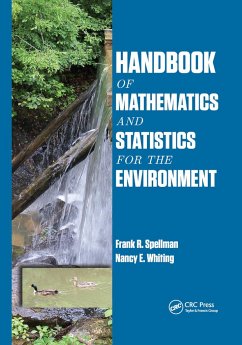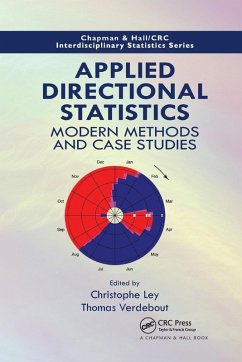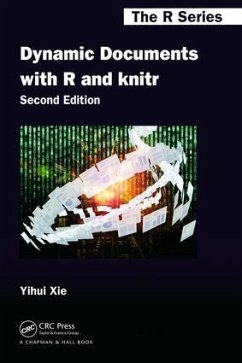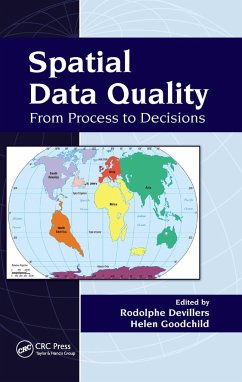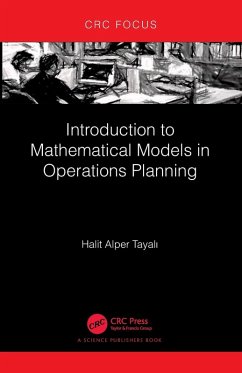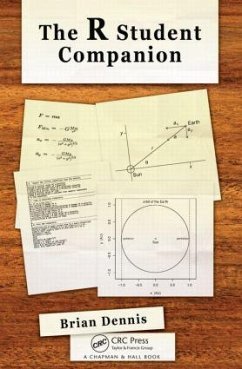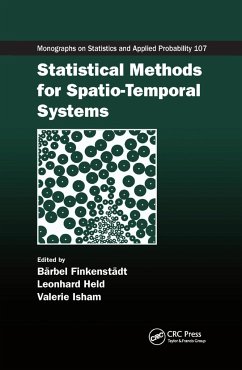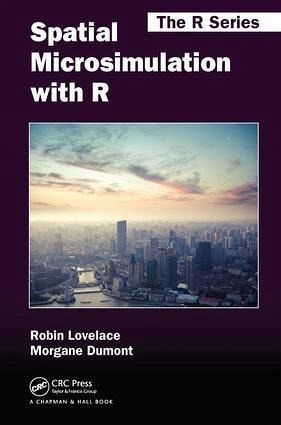
Spatial Microsimulation with R
Versandkostenfrei!
Versandfertig in 1-2 Wochen
113,99 €
inkl. MwSt.

PAYBACK Punkte
57 °P sammeln!
This is the first practical book on spatial microsimulation, an approach that involves the generation, analysis, and modeling of individual-level data allocated to geographical zones. Full of reproducible examples using code and data, the book demonstrates methods for population synthesis by combining individual and geographically aggregated datasets of administrative zones. This approach represents the "best of both worlds" in terms of spatial resolution and person-level detail, overcoming issues of data confidentiality and reproducibility.





